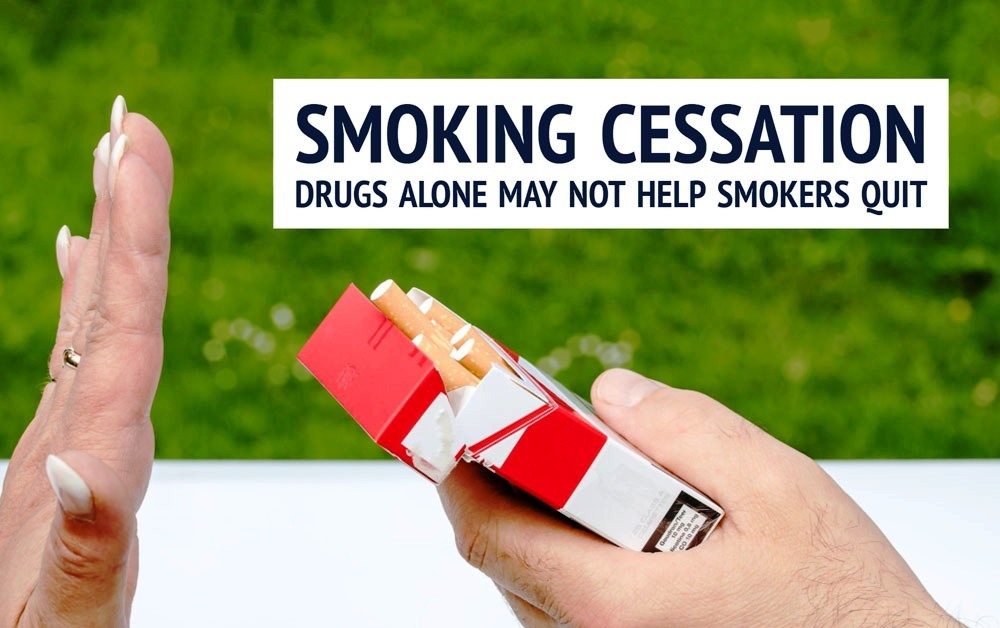
Over one-third of smokers trying to quit use pharmaceutical products, but University of California San Diego scientists have found that trying to stop by using medication alone may not improve the chances of success.
“Thirty four percent of people who are trying to quit smoking use pharmaceutical aids and yet most are not successful,” John Pierce, professor emeritus at UC San Diego School of Medicine and author of a recent UC San Diego study. “The results of randomized trials that tested these interventional drugs showed the promise of doubling cessation rates, but that has not translated into the real world.”
Stanford University School of Medicine’s Eric Leas, also a study author, analyzed the degree of success among subjects attempting to stop smoking. He said in the release that the study was designed to reduce bias, yet results were unexpected.
“[W]e found no evidence that the pharmaceutical cessation aids that we assessed improved the chances of successfully quitting,” Leas said. “This was both surprising, given the promise of smoking cessation seen in randomized trials, and disappointing because of the need for interventions to help smokers quit.”
The researchers said that counseling is integral to a successful outcome; cessation rates may have increased during clinical trials due to the combination of “intensive behavioral counseling” plus pharmaceutical aids, according to the release.
“Smokers who are committed to quitting and want to use a pharmaceutical aid should also enroll in a program that could help them track their progress and support them in their attempt,” Leas said in the release.